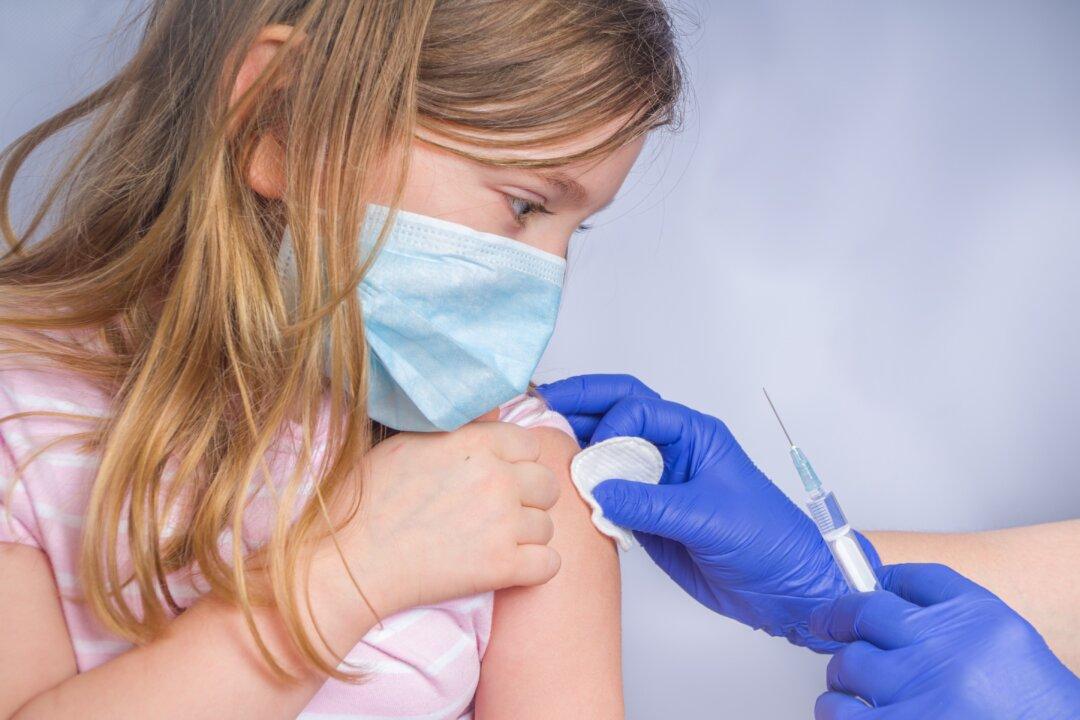Research conducted by the Royal Children’s Hospital, the University of Melbourne and the Murdoch Children’s Research Institute has concluded that it is “ethically permissible” to vaccinate teenagers aged 12 and over who are requesting a COVID-19 vaccine, even if their parents do not provide consent.
Traditionally, parental consent is needed for the vaccination of children, even those in high school. When this consent is withheld, vaccine providers are usually reluctant to vaccinate, fearing legal consequences or complaints against them.





